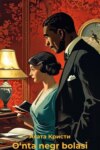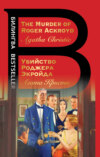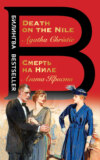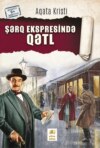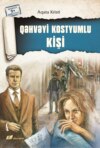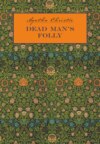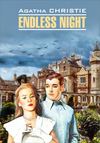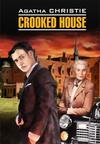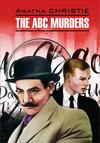В Южной Африке бушует гражданская война. Немецкий предприниматель герр Шефер сделал ставку не на тех людей, и теперь ему приходится бежать из страны. Еще один перевалочный пункт – ферма одного из его компаньонов, – и он окажется в безопасности; ему помогут пересечь границу. Но, стуча в дверь старого приятеля, Шефер даже не догадывается, что за ней притаилось его далекое прошлое. Кое-кто из тех времен, когда он проливал чужую кровь на полях Первой мировой…
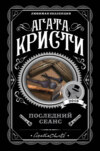
Muallifning barcha kitoblari
Sitatalar
The Intelligence corps has proved a broken reed.
Her! ’ said Mr Burnaby, the landlord
by the step leading up into the sleeping-car of the famous Taurus Express. The train consisted of a kitchen and dining-car, a sleeping-car and two local carriages. It was a very
The intense interest aroused in the public by what was known at the time as ‘The Styles Case’ has now somewhat subsided. Nevertheless, in view of
acreage, the miles and furlongs 1
decide what you want out of it. What
‘Who shall the victim be—man or woman‘I gather you don’t agree.’


